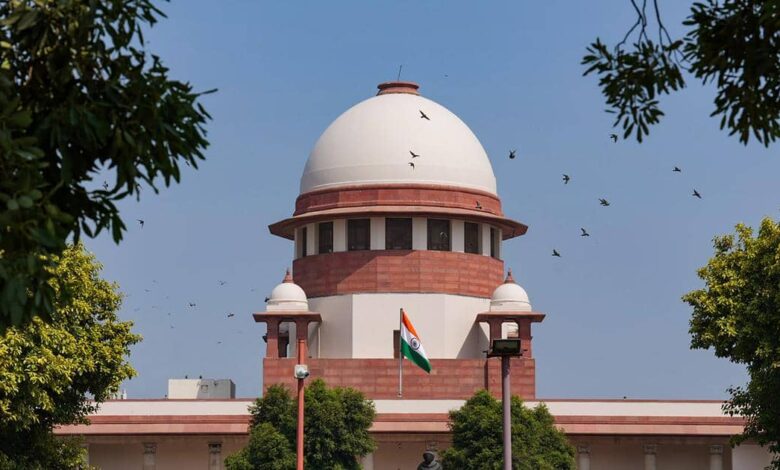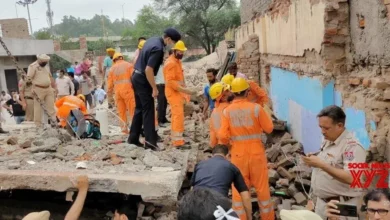
The Supreme Court tore into the governments of Punjab and Haryana on Thursday for imposing only nominal penalties on farmers who burn paddy stubble. It also expressed anger at the Commission for Air Quality Management for its ineffective measures to avoid stubble burning in the national capital region, saying the commission had not made a sufficient attempt to comply with and implement the directions to avoid such incidents.
The court also underscored during the hearing that only five out of eleven members attended a CAQM meeting on air pollution on August 29, and the directions of the Supreme Court were not even on the agenda. A division bench headed by Justice Abhay S. Oka and Justice Augustine George Masih observed that the CAQM had not prosecuted any persons responsible for stubble burning, as stated in a compliance report filed before the court.
The Supreme Court directed the Centre and the CAQM to file their respective affidavits within one week and posted the next hearing of the matter for October 16.
The Supreme Court also, during its last hearing on September 27, expressed dismay with the CAQM over the lack of action against air pollution and implored it to prove more effective under the Commission for Air Quality Management in the National Capital Region and Adjoining Areas Act, 2021.
“There has been total non-compliance of the Act. Please show us a single direction issued to any stakeholder under the Act,” observed the bench while insisting on effective measures that would, in reality, bring down pollution levels.
It also instructed the CAQM to see that equipment provided by the Centre for Management of Paddy Stubbe is gainfully utilized on the ground. When advisories and guidelines issued by the Centre concerning the control of stubble burning were brought to the bench’s attention, it said, “It is all in the air; nothing has been shown as to what has been done in NCR states.
While dealing with the staff strength of state pollution control boards, the bench expressed its concern over the preparedness of the agencies to tackle pollution and stubble burning this winter.
The bench also further stated that a subcommittee under the CAQM for enforcement and safeguarding would remain ineffective without adequate representation from the pollution control boards of Delhi, Punjab, Haryana, Rajasthan, and Uttar Pradesh. It has directed the five NCR states to urgently complete the process of filling up the vacancies, preferably by April 30, 2025.



